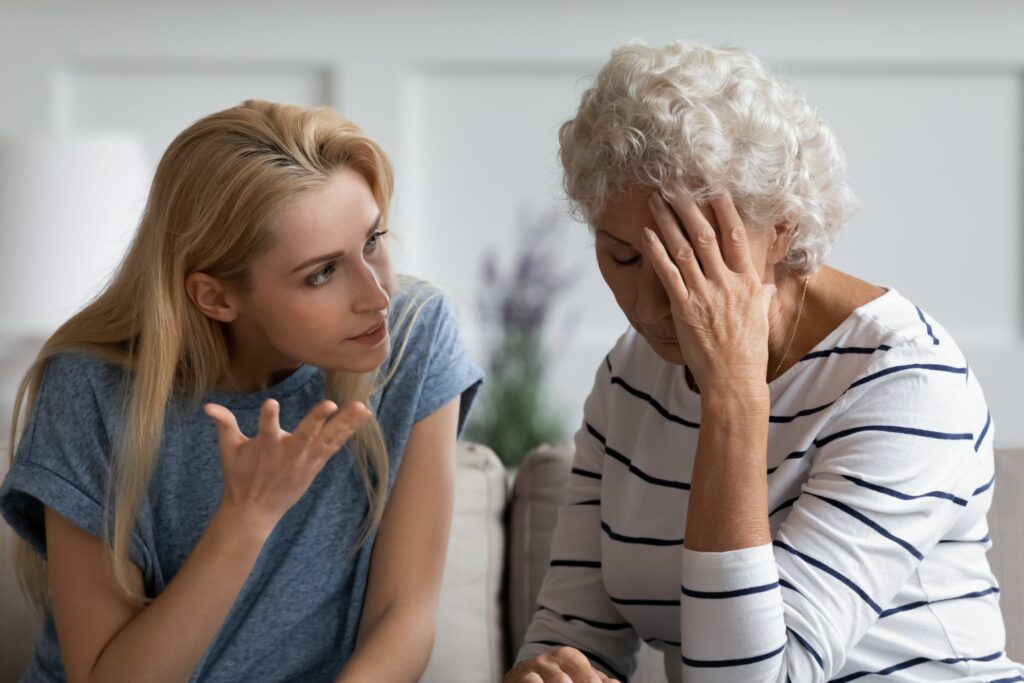
Elder abuse is a serious and growing issue that often goes unnoticed. Whether it’s physical, emotional, financial, or neglect, recognizing the warning signs can help protect a vulnerable loved one. If you suspect elder abuse, taking action quickly can make all the difference. Here are ten key signs to watch for and what you can do if you spot them.
1. Unexplained Injuries
Bruises, cuts, burns, or fractures that don’t have a clear explanation may be a sign of physical abuse. If your loved one has frequent or recurring injuries, ask questions and document their responses.
2. Sudden Changes in Behavior
A noticeable shift in mood—such as increased anxiety, depression, or withdrawal—can indicate emotional abuse. If a loved one suddenly avoids social interactions or becomes fearful around certain individuals, take it seriously.
3. Poor Hygiene and Unmet Medical Needs
Neglect is a form of elder abuse. Signs include dirty clothing, unkempt hair, bedsores, dehydration, or untreated medical conditions. Caregivers may be failing to provide necessary support.
4. Unusual Financial Transactions
Unexplained withdrawals, missing money, or changes to financial documents could point to financial exploitation. Watch for new “friends” or caregivers who take sudden interest in your loved one’s finances.
5. Hesitation to Speak in Front of Caregivers
If your loved one appears nervous or reluctant to talk when certain caregivers are present, it could indicate intimidation or coercion. Try speaking to them alone to see if they express concerns.
6. Isolation from Friends and Family
If a caregiver prevents your loved one from seeing family or friends, it could be a sign of control or abuse. Isolation makes it easier for abusers to hide their actions.
7. Weight Loss or Malnutrition
A significant drop in weight without a medical explanation may signal neglect. Poor nutrition and lack of proper meals can have severe health consequences.
8. Unsanitary or Unsafe Living Conditions
If a loved one’s living environment is cluttered, dirty, or lacks proper heating, cooling, or access to clean water, they may not be receiving the care they need.
9. Signs of Fear or Agitation
A sudden fear of being touched, flinching, or reluctance to be left alone with a specific person may indicate mistreatment.
10. Confusion Over Legal or Financial Matters
If a loved one seems confused about their finances, property ownership, or has signed documents they don’t recall, someone may be taking advantage of them.
What You Can Do
If you suspect elder abuse, don’t ignore it. Here’s how to take action:
- Talk to your loved one in a safe and private setting to see if they express any concerns.
- Report your suspicions to local adult protective services (APS) or a trusted authority.
- Seek legal advice if financial exploitation is involved.
- Stay connected with your loved one and check in regularly to ensure their well-being.
Protecting older adults from abuse starts with awareness. If you’re worried about a loved one’s well-being, take steps today to ensure they receive the care and respect they deserve.
